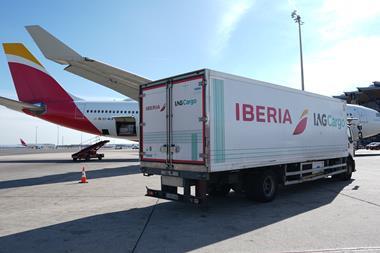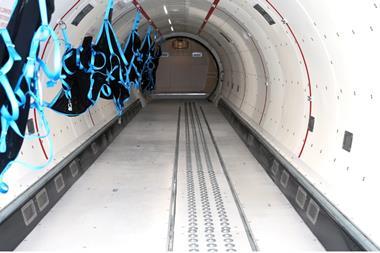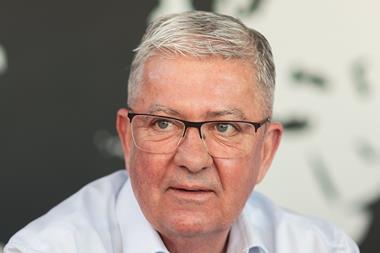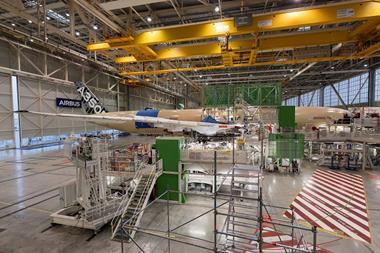West Atlantic is in “advanced discussions” with “parties who have shown serious interest in taking on a significant shareholding in the company”, said chief executive and president, Fredrik Groth in the Swedish cargo airline’s third quarter interim report.
Admitting that the carrier – a major air network provider to several European mail organisations – had had a “disappointing” quarter, he said: “For the company to be able to take full advantage of the expected growth and opportunities in the years to come, a strong balance sheet and committed long term shareholders will be crucial.”
On November 2, the company warned that it did not expect to fulfil one of the financial ‘maintenance tests’ in its bond covenant. Groth said: “While this does not impact our ability to continue operations as normal and service our obligations as always, it has highlighted the need for the company to strengthen its balance sheet if continued growth is to be possible at historical and recent rates.”
Despite the disappointing results, “we did see a clear improvement in September, and we expect that the remainder of the year will stabilise and show better results,” Groth continued.
West Atlantic still has a number of idle ATP aircraft, and it will take time to reduce the associated costs, he said. However, all other fleets are fully deployed, “and thus the issues experienced earlier in the year are behind us. We expect to close one or more turboprop aircraft sales in the near future which will contribute positively,” he added.
He forecast that the carrier was “past the worst of our transition period, and will be able to produce better results in the quarter and year to come.”
One ATP was put into in revenue service during the quarter, and the carrier was starting “to see some positive effect from our efforts to sell or dry lease out ATPs with large cargo doors” with a first firm sale expected in the near future.
However, the five ATPs parked due to the reduction in the fleet operated for Norwegian Mail from eight to three “will be more difficult to place elsewhere as they lack the large cargo door”.
Groth said: “The impact of the reduction from the Norwegian mail will be significant. There are more positives than negatives looking forward, but we need to ensure we are able to capitalize on the long term opportunities for the company through strengthening of the balance sheet.”
He insisted that the company had delivered continued strong growth year-on-year, blaming delayed aircraft deliveries and maintenance cost overruns for the quarter’s unsatisfactory financial results.
As well as the parked ATPs, cost overruns were primarily due to delayed delivery of three B737 aircraft due to be delivered to the UK’s Royal Mail, leading to additional subcharter fees, along with support costs for the delayed aircraft, such as compensation for pilots and engineers.
There was also extended downtime for heavy maintenance on West Atlantic’s B767 fleet, leading to higher maintenance costs and loss of revenue.
However: “The third quarter showed continued revenue growth, operational stability, and delivery of the last three B737 required for the UK Royal Mail services,” said Groth.
Demand for services continue to be strong, and most clients are seeing growth and tendering for additional capacity. West Atlantic has placed its first wide body B767 aircraft with DHL, and most global integrators are expecting to increase their insourced fleets in the years to come.
There is also expected new demand from large e-commerce companies. However, some national mail organisation are reducing their air network due to changes in their respective countries Universal Service Obligations. This so far seems to only have affected Norway, but Sweden might follow soon, said Groth.
With three additional B737-400s in operation in the third quarter, completing the ramp- up for Royal Mail, all the company’s B737 and CRJ aircraft were fully engaged in the quarter, as was the B767s when not in maintenance. The company is meanwhile on track to take delivery of its first B737-800 BCF at the end of January 2018 as scheduled. West Atlantic will be the first operator of the type.
Groth concluded: “While we continue to adapt our organization, cost structure, and fleet sizes to market requirements, we forecast that we are past the worst of our transition period, and will be able to produce better results in the quarter and year to come.”










